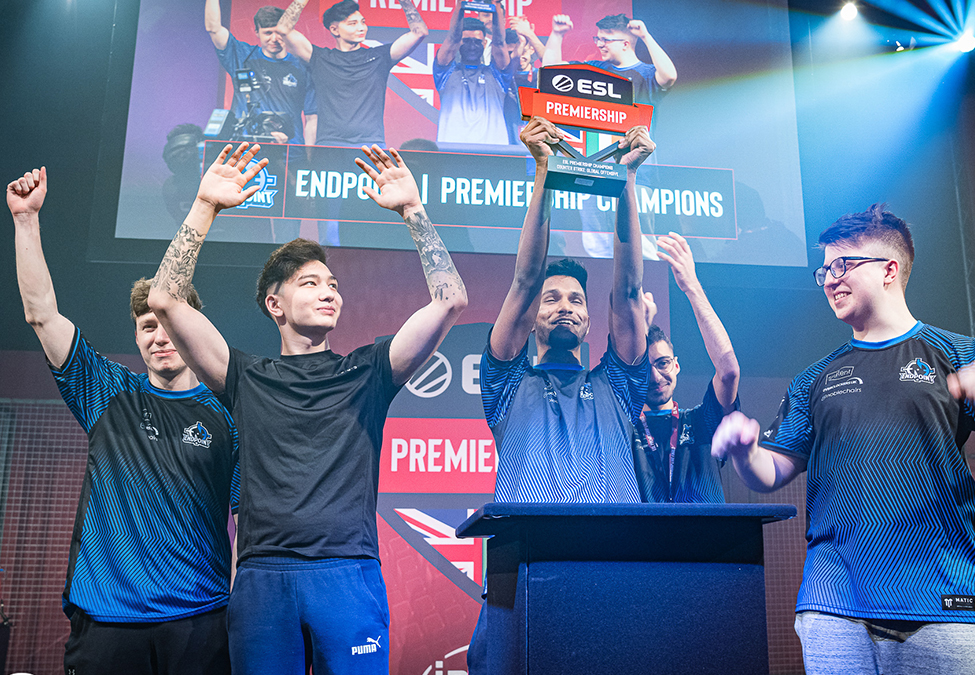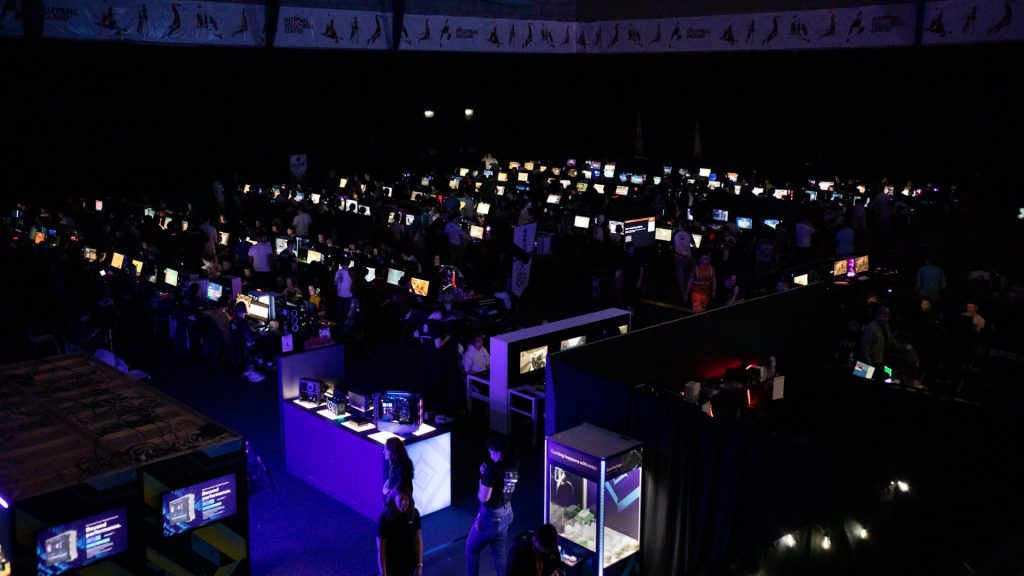Ahead of ESI Events’ flagship conference ESI Lisbon (September 23rd-25th), ‘Looking at Lisbon’ breaks down the topic behind the sessions. This article introduces the often undervalued and underappreciated topic of Tier 2 esports.

Tier 2, the very loosely defined second tier of the esports pyramid, is vitally important to the health of esports ecosystems the world over.
It is in Tier 2 servers, Discord groups and rough and ready low-budget tournaments where the stars of tomorrow are forged — where esports organisations, players and broadcast talent alike make their name, earn their reputation and catapult onto international stages.
Tier 2 is important for fostering a fully-furnished, healthy pipeline of talent. But it’s also facing chronic challenges. If Tier 1 esports is facing a market correction where many household names have been unable to survive, those in Tier 2 esports scenes of all stripes, from Apex Legends to League of Legends, have struggled even more profoundly.
A lack of big-name star players, the sky-high expectations of production quality amongst fans, and enormous Tier 1 prize pools, often lead to Tier 2 tournaments struggling to attract viewers.
Tier 2 organisations, meanwhile, must find ways to pay salaries to their players — some of whom will go on to be top-level pros in the future — without the sizable sponsorship deals that keep Tier 1 teams afloat. Many have attempted to pivot and scale up and make a shot for Tier 1, and ultimately failed.
Owing to the lack of investment, there’s less tournaments overall catering to smaller teams. Notably, ESL discontinued its National Championships last year, one of the more symbolic and long-running opportunities Tier 2 teams had to develop.
TENSTAR, a UK organisation, shut down last year claiming the few Tier 2 scenes it did compete in were “unsustainable” and “unattractive,” with potential partners not seeing any room for return on investment.
Even the more successful Tier 2 organisations have to make sacrifices. Jeff Simpkins, COO of British esports organisation Resolve, recently shared on X that the organisation had to drop its Rocket League team for the off-season due to a lack of games and the expiration of Rocket League-focused partnerships. “We have a 6 month off-season in which it doesn’t make financial sense to keep a team on. Especially for smaller orgs,” Simpkins explained in the post.

The Tier 2 scene needs stakeholders to come together to discuss how to nurture this crucial breeding ground for rising teams, talent and players – and how to ensure there’s a long-term place for Tier 2 organisations to not just survive but thrive.
Thankfully, there’s just that at ESI Lisbon, Esports Insider’s flagship esports, gaming and creator economy industry conference. On September 25th CEOs from Betclic Apogee, Gamer Legion and B8 Esports will gather for Let’s Talk Tier 2, a mainstage panel featuring an honest discussion about the costs of running a team at this level, what the risks are and what the returns are.
Panellists will contribute their opinions and perspectives on how revenue streams can be diversified, and what future roadmaps should look like across various esports titles for Tier 2 teams.
Join in for this frank, forthcoming and, hopefully, productive session on an important but often underappreciated topic. Tickets to ESI Lisbon are still available for purchase here.

